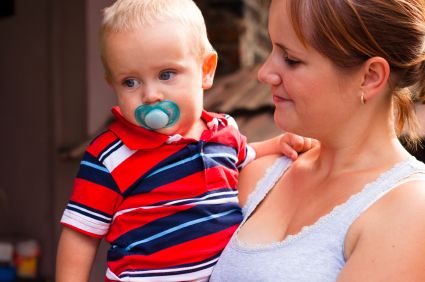A professor of psychology and applied behavior at the University of Kansas conducting research of childhood obesity has added his voice to those pointing out that family habits, not government intervention, is the key to keeping kids healthy and at a normal weight.
In a paper published in the Journal of Pediatric Psychology, Professor Ric Steele compared Positively Fit, a nutrition, exercise and behavior modification program for children and their families, which featured 90-minute counseling sessions and spanned 10 weeks, with a brief family intervention consisting of three hour-long visits with a dietitian.
“Both of the groups ended up losing weight from pre-intervention to post-intervention and at one year follow-up,” said Steele. “That’s particularly true for the pre-adolescents.”
The KU researcher said that engaging the family is critical for developing healthier eating and lifestyle habits that lead to a reduction in weight in children and teens.
In an interview with the Wichita Eagle, Steele made this rather common sense observation about just who makes food decisions for kids.
“Kids don’t do shopping for themselves usually,” Steele said. “For kids, eating decisions and exercise decisions are based in part on what’s considered normal. So for me, as the dad, to say, ‘Go outside and play,’ if I’m not willing to be active, too — that sends a mixed message that doesn’t really work for the kids. We think about a whole family approach. We all want to be healthy. So regardless if I’m personally overweight or not, I need to live a lifestyle that’s healthy and will encourage a healthy lifestyle for all of the members of my family.”
While it’s good news that more people are focusing on the important role of parents in a child’s nutritional development, one can’t help but be saddened that matters that should be common sense are now the subject of major university studies and newspaper headlines:


